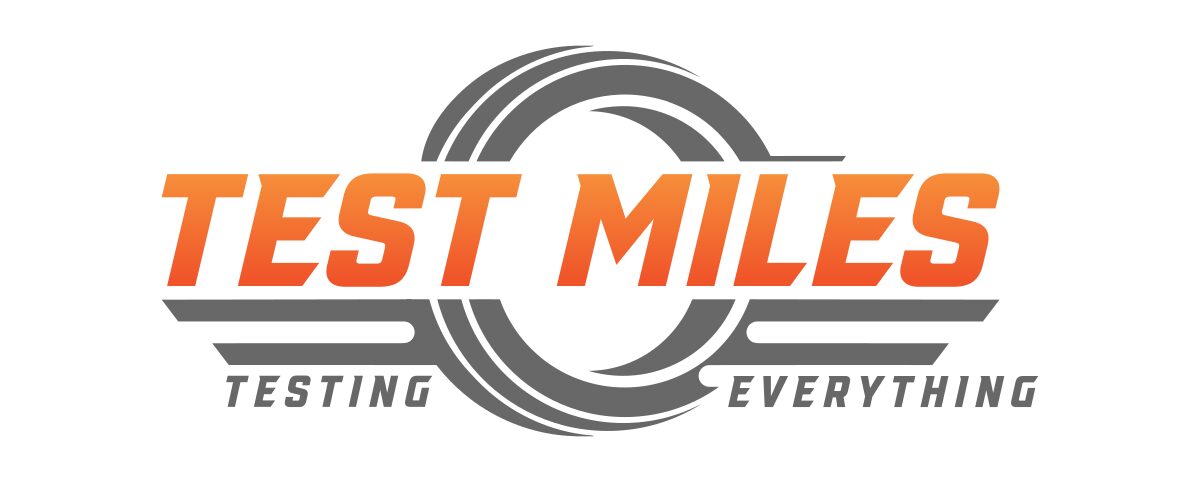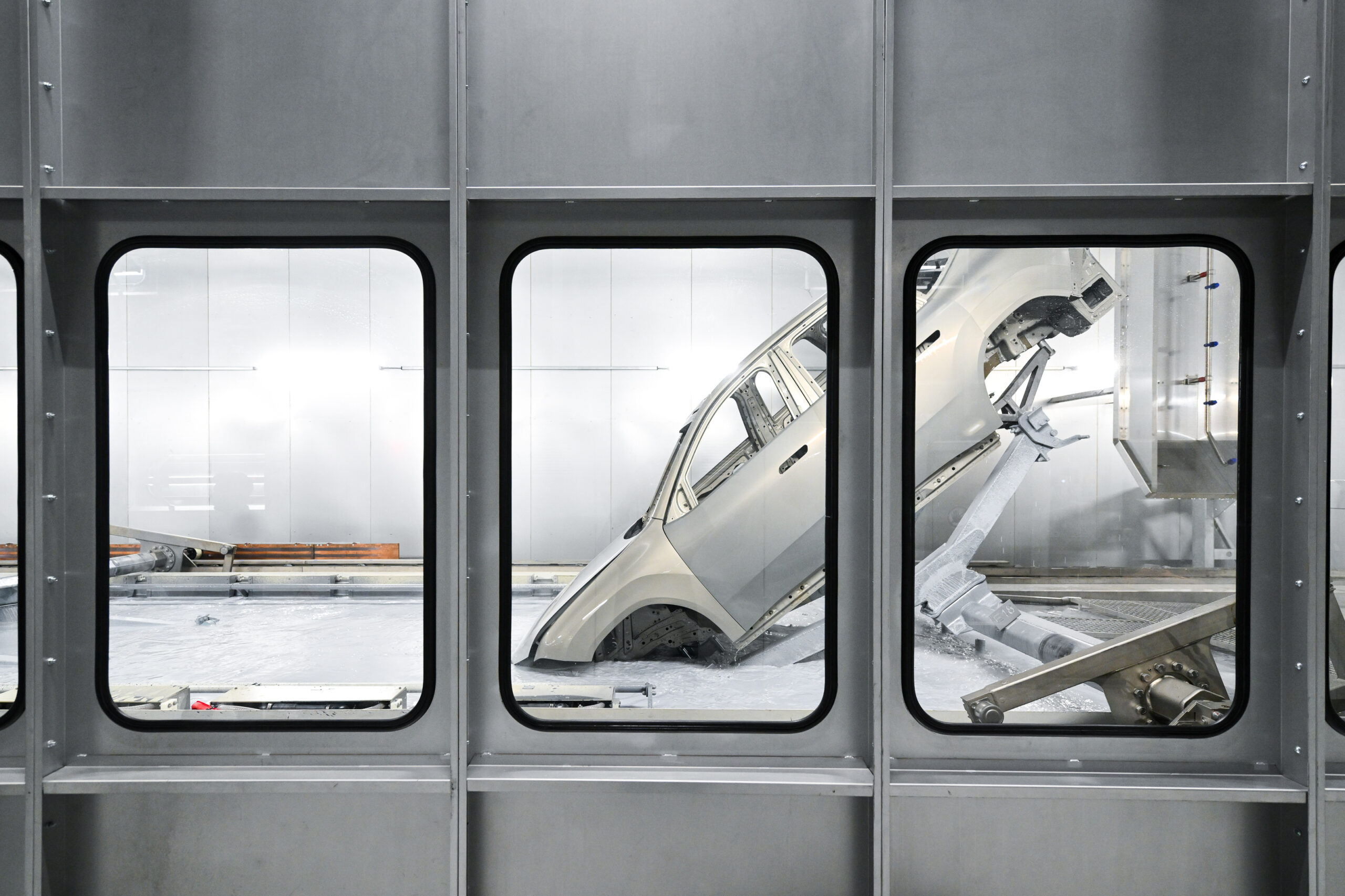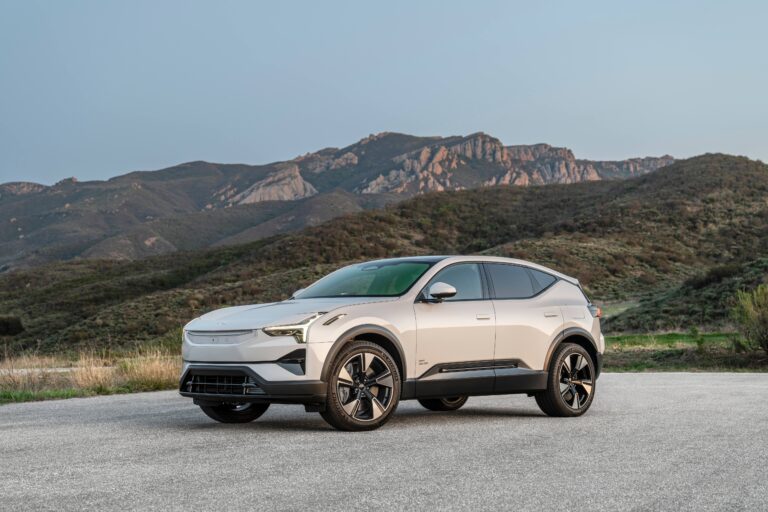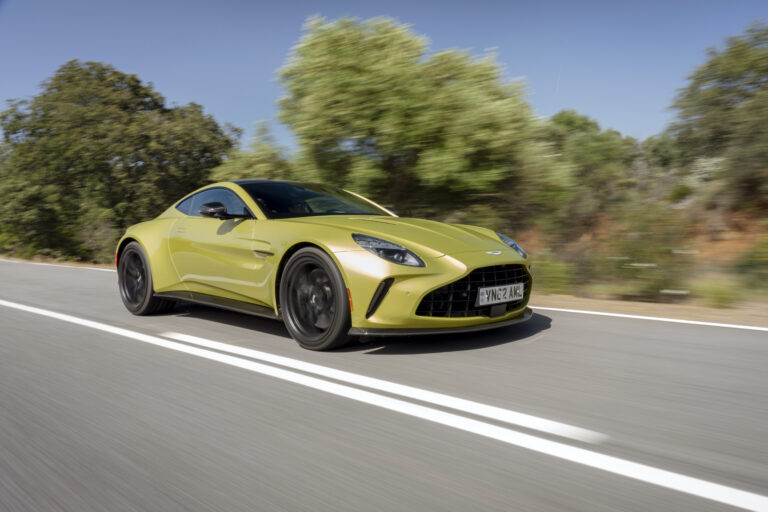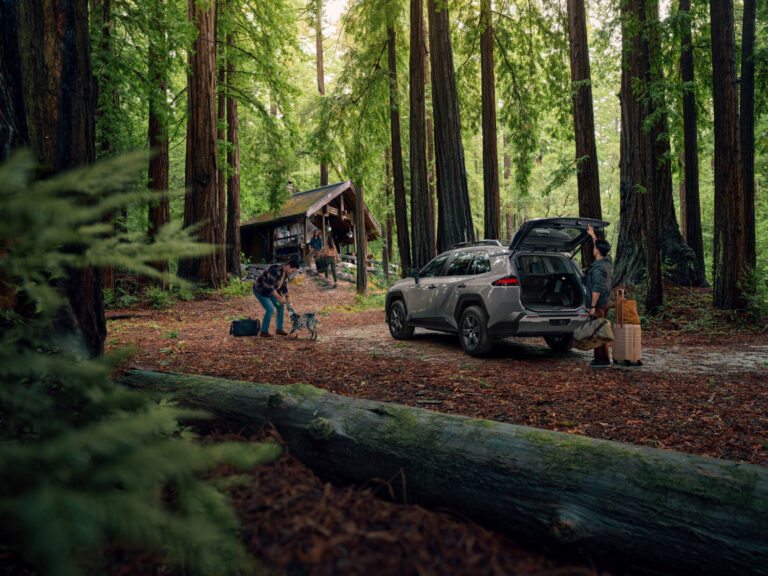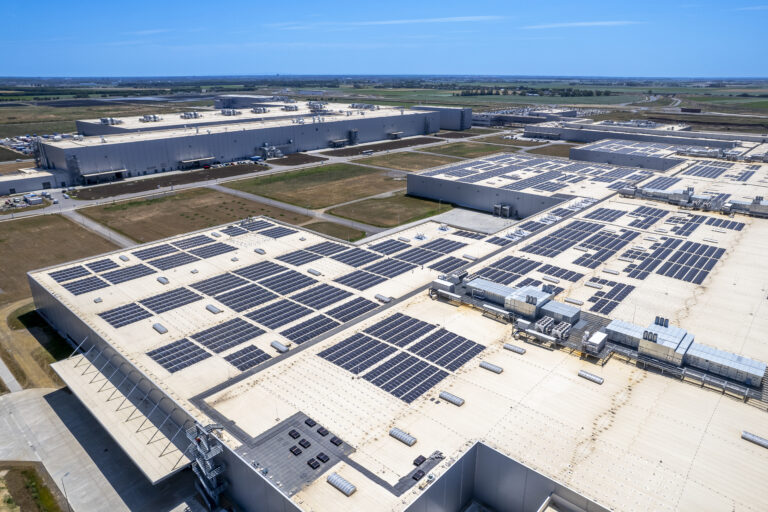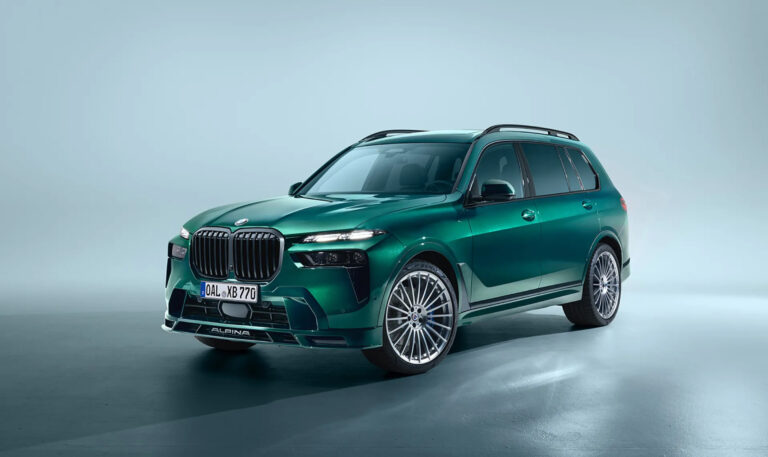BMW Doubles Down on Circular Car Manufacturing
BMW circular economy strategy pushes recycled materials, battery recycling, and sustainable design to cut CO2 emissions and secure resources for the future.
BMW takes sustainability beyond electrification with a bold focus on circularity, aiming to close material loops, reduce CO2, and transform the industry.
BMW is rethinking how cars are built. Not just how they drive, not even how they’re powered, but how every nut, bolt, and battery is designed for a second life. In a wide-ranging conversation at Climate Week NYC, executives laid out the brand’s “circular economy” vision, blending climate urgency with Bavarian efficiency. Think fewer landfills, fewer emissions, and a lot more recycled aluminum in your next BMW.
You may also like: BMW X5 Offers Five Drivetrain Options Including Hydrogen

Why does this matter right now?
The automotive industry sits squarely in the crosshairs of climate goals, resource scarcity, and geopolitical supply chains. BMW executives put it plainly: the old model of “extract, use, discard” is finished. Circularity means extracting less, reusing more, and recycling at scale. It’s not just good PR; it’s survival. With Europe tightening regulations and 2035 combustion bans looming, manufacturers that cannot deliver measurable CO2 reductions risk fines, customer backlash, or worse, irrelevance.
BMW has already cut its CO2 emissions significantly and aims for a 40-megaton reduction by 2030 compared with 2019 levels. That includes scope 1 and 2 emissions from its own operations as well as the more elusive scope 3, covering suppliers and product use. Halfway to its target in 2025, the Munich-based company insists this is not a hobby project it’s a business necessity with a climate deadline attached.
You may also like: US Cuts Japan Auto Tariffs to 15 Percent

How does it compare to rivals?
Every automaker claims sustainability. Tesla, for instance, focuses on vertical integration and direct battery recycling partnerships, while Mercedes-Benz leans heavily on carbon-reduced steel initiatives. BMW’s angle is different: “Secondary First.” That mantra means using recycled inputs wherever possible, from aluminum wheels (70% secondary material) to steel and thermoplastics. One-third of the upcoming BMW iX3 Neue Klasse will be recycled content by weight around 700 kilograms per car.
BMW also puts unusual emphasis on design for dismantling. While rivals talk about clean energy factories, BMW is sketching battery packs and interiors with one eye on future recyclers, ensuring the car is born ready for its afterlife. And while many competitors treat profitability as tomorrow’s problem in the electric era, BMW insists its Neue Klasse EVs will be profitable from day one. That might be the most disruptive statement of all.
You may also like: 2026 Detroit Auto Show Set for Major Comeback

Who is this for and who should skip it?
BMW’s sustainability drive isn’t aimed at penny-pinching fleet buyers. It’s for customers who still want a premium product but expect it to come with less environmental baggage. Circularity promises no compromise on aesthetics, safety, or driving enjoyment, BMW calls the “fun to drive” factor non-negotiable. Early adopters who once paid a “green premium” for eco-options may soon find themselves paying less, as BMW’s sixth-generation cylindrical batteries deliver up to 30% longer range and 50% lower CO2 footprints at 40–50% less cost than the current cells.
If you want a bare-bones runabout, plenty of cheaper options exist. If you want a badge that signals environmental progress without sacrificing luxury, BMW is betting you’ll see value in its circular economy approach. Skeptics might argue recycled plastics in a premium cabin are a compromise too far. BMW’s counterpoint? They’ll look and feel better than virgin materials, because innovation demands it.
You may also like: Mercedes EQS Sets 749-Mile Solid-State Battery Record

What is the long-term significance?
This is not just about one car or even one brand. BMW is rolling out 40 new or updated Neue Klasse models in the next two years, embedding circularity into each. With supply chains under strain and critical battery minerals concentrated in politically volatile regions, closed-loop systems could insulate automakers from both shortages and price swings. BMW calls cars “rolling mines,” packed with resources ready to be recovered decades from now.
Partnerships with Redwood Materials in North America and SK in Europe show that BMW knows it cannot recycle its way into the future alone. Nor is it blind to challenges: contamination in recycled aluminum, legacy components with toxic substances, and the sheer manual labor of dismantling old EVs remain barriers. But if BMW’s bet pays off, future cars could be built almost entirely from yesterday’s scrap, cutting costs, stabilizing supply chains, and radically reducing CO2.
The bigger story is cultural. Circularity demands engineers start with the end in mind, rethinking how a car comes apart before it ever comes together. It forces suppliers 2,700 first-tier and 65,000 second-tier in BMW’s case to buy renewable energy and meet transparency demands. And it requires regulators to reward, not punish, companies that lead the way. Done right, the circular economy could turn a car company into something closer to a permanent steward of materials. That’s not just branding. That’s transformation.
You may also like: Audi Q8 E-Tron: Balanced Luxury in the EV SUV Race

BMW’s message is clear: electrification was only the opening act. Circularity is the encore and it may be the one that keeps the curtain from falling on the industry altogether.
For more stories on the future of cars, technology, and transportation, follow Nik J Miles on social media and visit TestMiles.com.
